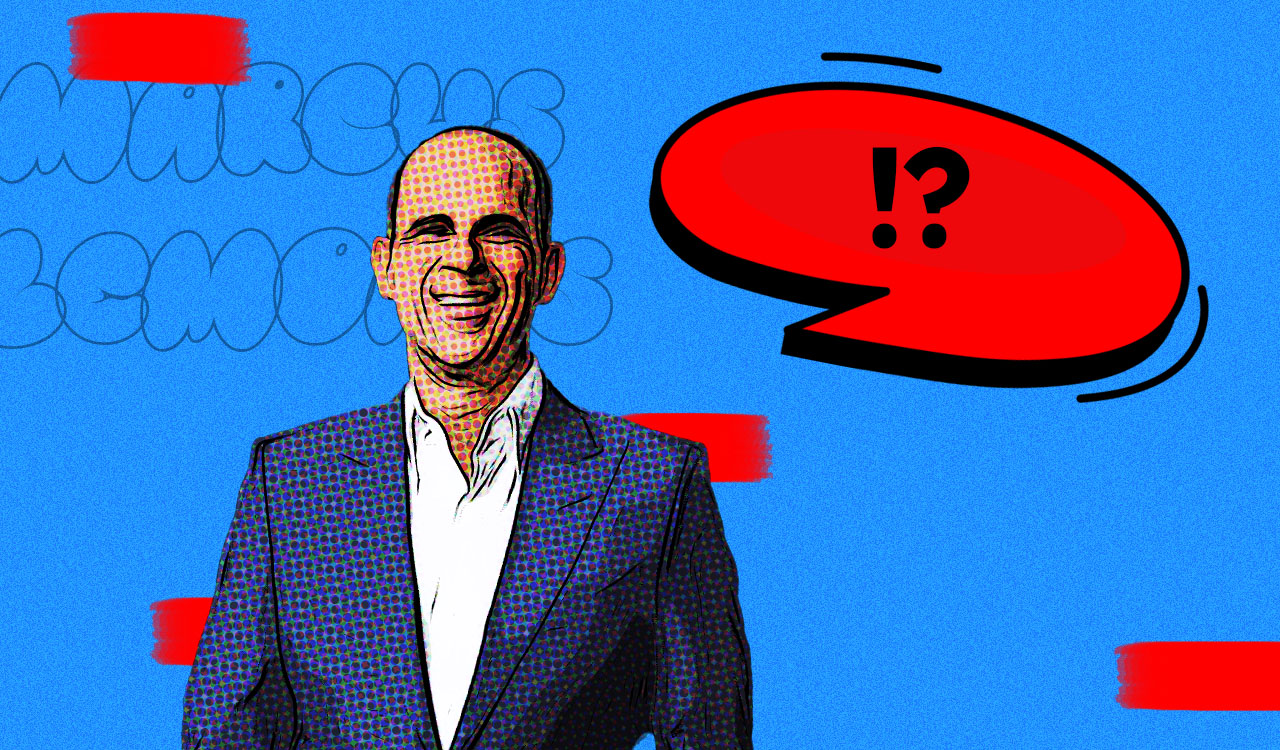Health\’R\’Us?
In an age when something like 20 percent of the American population is over the age of 65, and twice that number say health and wellness is a prime concern to them, it\’s rather astonishing that nobody has opened a pure-play retailing operation dedicated to health. Instead what we are seeing – and seeing at an unprecedented speed and scale – is a wide swath of big box retailers deciding to focus on the business of making people healthier.
National retailers from Walmart and Best Buy to Sam\’s Club are all introducing health care initiatives designed to address the two parallel prongs of the marketplace: aging baby boomers and young, health-conscious millennials. The big question is: What took all of these retailers this long to jump on this trend? We all could read the aging charts and knew a large segment of the population was getting older and less healthy. And there have been reports ad infinitum about younger generations being much more concerned with their well-being. To just wake up and see this happening now is a rather bad reflection on the retailing industry\’s ability to recognize societal changes and significant trends.
But you have to at least give credit to CVS for arriving at this conclusion before just about anybody. In 2014, it became the first big CPG retailer to stop selling cigarettes and other tobacco products. It walked away from what it says was at least $1 billion in sales with this decision, concluding that the hypocrisy of being a store catering to people\’s health yet selling cigarettes was just too much. Around the same time, it added the word \”Health\” to its name just in case anybody missed the connection. CVS has since taken additional steps to shore up its positioning as the place you go to buy stuff to make you feel better. It recently announced plans to begin remodeling its stores to accommodate larger health care departments and in-store clinics. We can assume that some of the space devoted to giant bags of Cheetos and other decidedly non-healthy options might be slightly decommissioned.
If CVS has been in the forefront of this retail health movement, the competition has now decided it\’s time to catch up. Walmart has begun testing a free-standing health care clinic in Georgia while also looking at other ways to expand in the category. Sam\’s Club, Walmart\’s sister retailer, is also getting into the action, teaming up with Humana to offer what it calls the Care Accelerator, a program that groups health services and certain drugs and products into packages, or what it calls \”bundles\” that offer discounts for its members. It\’s an interesting approach that puts Sam\’s – which has always made its pharmacies a cornerstone of its stores – right smack in the middle of the health services sector.
In the meantime, Best Buy, the big consumer electronics retailer that has successfully reinvented itself over the past three years, announced it has hired its first chief medical officer and also plans to ramp up services such as remote monitoring of seniors. It says it has already signed up one million people for the service and hopes to have five million by 2024. Earlier this year it began selling exercise and workout equipment as part of its efforts to be more identified with good health. Even online companies are getting into the business. Amazon bought PillPack last year as a way to become a player in the pharmacy business and has just opened its first Amazon Care virtual clinic for its own employees. It may call to mind that the first Amazon Go store was also just for employees before it was rolled out to the general public.
The move into health care is not without its downside, however. A few years back, Fred\’s, the dollar store discount chain, began buying up local pharmacies as a way to stake out a stronger position in health care, but it found the competition from the big national drug chains and discounters too steep. Earlier this year it began liquidating its entire business.
One has to think these retailers will be just as protective of their health sector positioning, as will local and regional hospital chains that have built up strong positions in the walk-in \”doc-in-a-box\” clinic trade. That said, don\’t be surprised to see these kinds of operations become possible acquisition targets for larger retailers looking to build up their portfolios.
Whomever eventually ends up getting the business, it\’s clear there will be a lot of business to be gotten. Likewise, focusing on these services plays exactly to the strategic plans of many retailers to move beyond selling products.\”If you are going to follow the American wallet, you are going to follow that out of physical product and into services,\” Kantar Consulting analyst Bryan Gildenberg was recently quoted in the business press. \”And health care is one of the largest services that people spend money on.\” Clearly the retailing business is developing a healthy attraction to the entire subject.
Warren Shoulberg still wishes doctors made house calls. He also wishes he didn\’t need them as much as he does these days.




